Affiliate links on Android Authority may earn us a commission. Learn more.
Is Google's ecosystem push too much too fast? Let's debate.
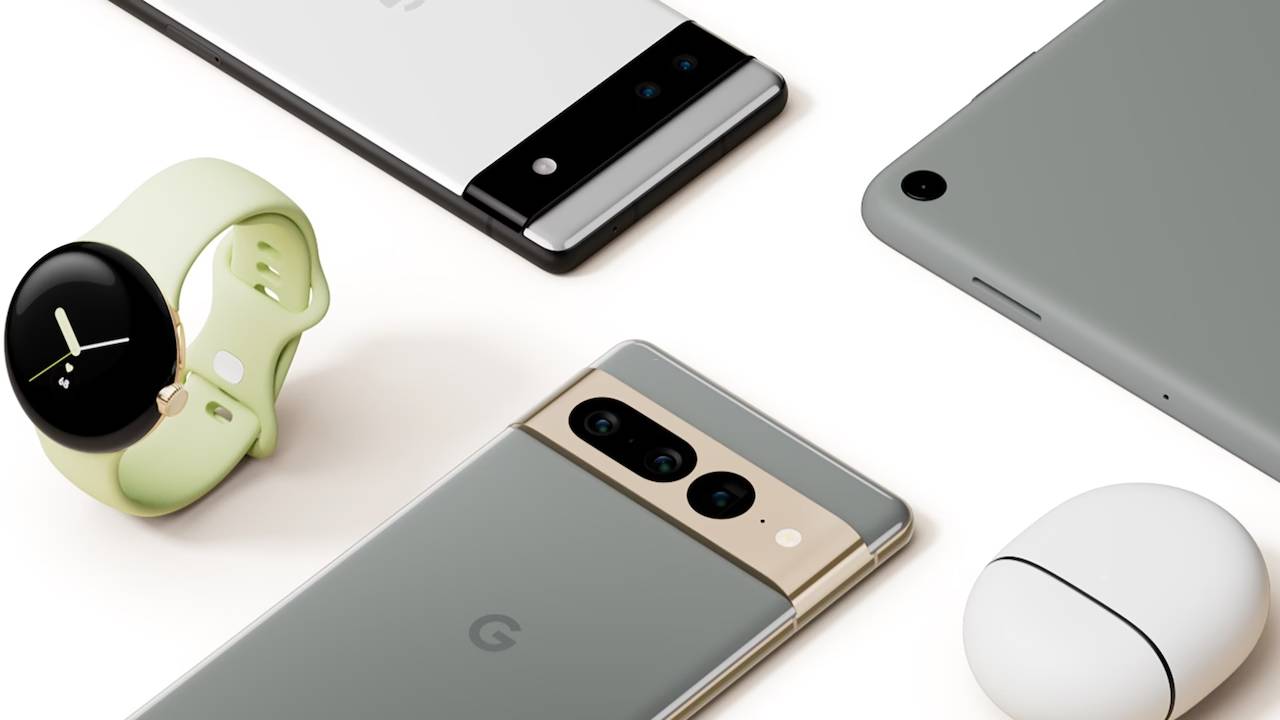
Google flooded I/O 2022 with hardware announcements. While we were already expecting to see the Pixel 6a and the Pixel Watch, we were surprised by the promised return to the tablet ecosystem with the Pixel Tablet. Google now has its fingers in many different pies, from smartphones to earbuds, tablets to smartwatches, smart home devices to laptops, and possibly even foldable devices sometime in the future.
It begs the question: Is Google getting ahead of itself by pushing into new product categories all at once? Or is it finally getting serious about creating a cohesive ecosystem, one that it’ll be able to nail down to a T? Android Authority‘s Adamya and Rita present both sides of the argument.
Our guide: Everything you need to know about Google hardware
Google’s “world of help” may need some help of its own (Adamya)

Google did what could be expected of a big tech company of its stature. It announced its entry into smartwatches and re-entry into the Android tablet landscape. But this writer doubts whether the Mountain View giant can pull off all these new form factors and sustain them through the years, let alone push through some well-established markets that have consumers spoilt for choice today.
It almost seems like Google builds things without a larger vision of where they are headed.
Alphabet, Google’s parent company, has been waiting in the wings for a long time to make this hardware splash — an Android smartwatch that works as wonderfully with an Android phone as the Apple Watch does with the iPhone, plus the ultimate Android tablet that could become the iPad competitor we’ve wanted all along. But Google has a history of jumping the gun and then backtracking on its big promises. That’s why we have something called the Google Graveyard. An ashen landscape of products like the Nexus Player, Chromecast Audio, and countless others that Google was once enthusiastic about then abandoned mid-way. It almost seems like Google builds things without a larger vision of where they are headed and then ends up killing them because of a lack of commitment.
Don’t get me wrong, Google definitely has the power to do it all — and Rita will tell you why in a bit. If the last year is anything to go by, the company has proven that it can taste success in the flagship smartphone space. However, its recent hardware triumphs are by no measure a sign of things to come.
Complaints about the Pixel 6 have flooded the annals of Reddit for months now.
In 2020, a year before the Pixel 6 came along, Alphabet acknowledged dwindling hardware sales. And while Google is now parading its newfound victory, Pixel 6 owners are far from happy. Since the series’ launch in October 2021, there’s been an unstoppable spate of bugs. Complaints about dropped calls, broken Wi-Fi, and more have flooded the annals of Reddit for months. There’s even talk of the company offering high kickbacks to salespersons just to get the Pixel 6 out the door now.
With the Pixel Watch and tablet on the horizon, Google’s software team will most definitely have its hands full developing Android for large and tiny screens. It begs the question if the team will be able to provide quality updates across devices, especially with the new products demanding more attention than existing ones.

Speaking of software, Wear OS has been a chink in Google’s armor for a long time. Poor battery life, lack of new features, and sluggish software updates have dragged the platform down for a long time. So much so that in the larger scheme of things, Wear OS-powered wearables are but a blip in the smartwatch market.
Related: The Pixel Watch can’t succeed if Google reuses the same 8-year old formula
Google neglected smartwatch software for years before Samsung came along and breathed some life into it last year with Wear OS 3. The success of the Galaxy Watch 4 is excellent proof of how things should’ve been from the start and how Google, with all its resources, couldn’t do justice to the Android smartwatch landscape for years.
The Pixel Watch will be the litmus test for the software Google has ignored for years.
However, despite Samsung’s involvement, we haven’t really seen much momentum in Wear OS 3 development. Several existing smartwatches are supposed to get the upgrade, but that hasn’t happened so far; the new and improved Wear OS only resides on the Galaxy Watch 4 so far. The Pixel Watch will be the litmus test for the software Google has ignored for years. It’s possible we’ll see the real wonders of Wear OS 3 on Google’s wearable, but the company’s silence about the future of the software and its tainted update history doesn’t really inspire confidence right now.
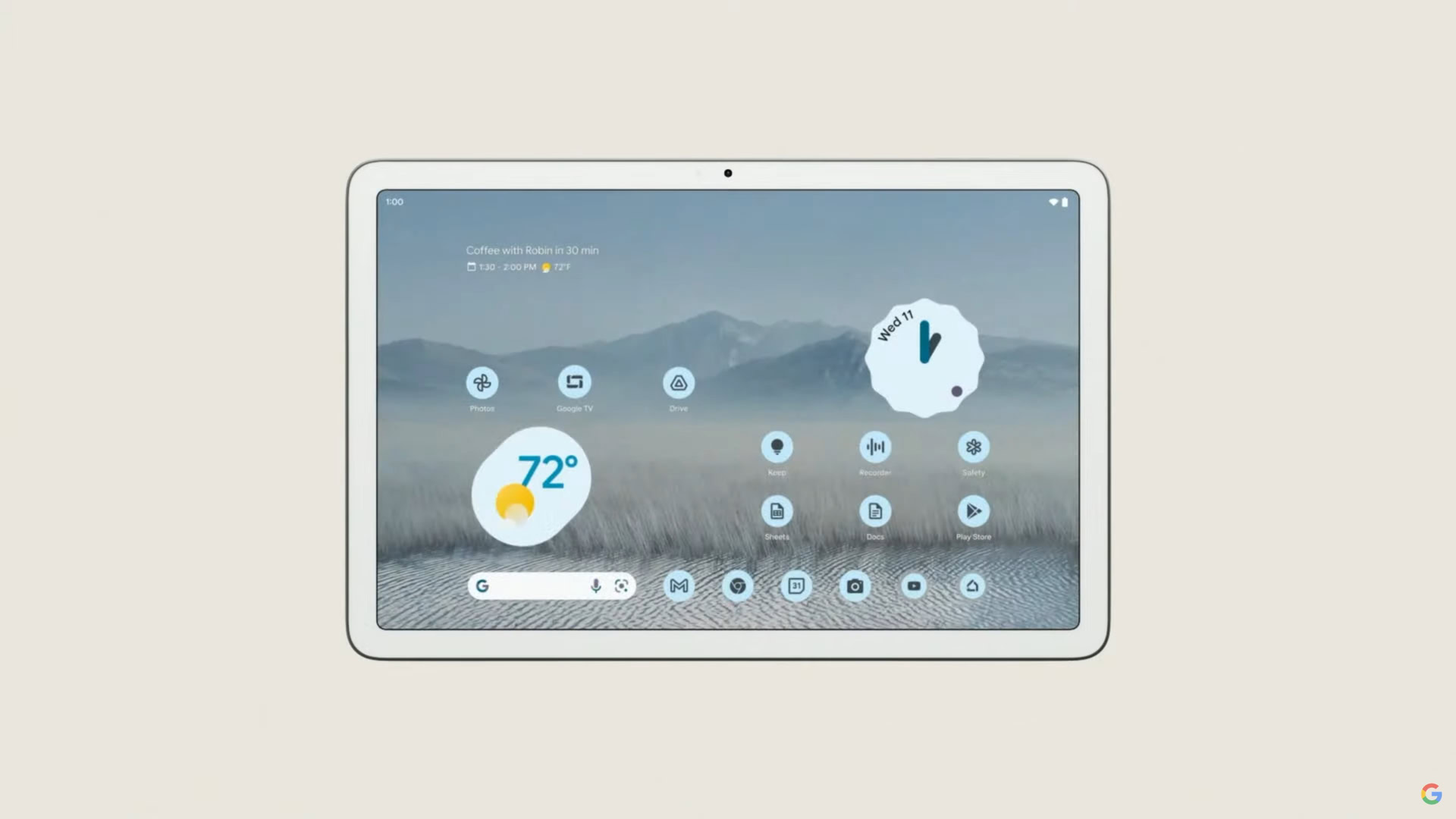
All of a sudden, not so long ago in 2019, Google up and quit the tablet market.
As for the Pixel tablet, Google has been off the bus for years now. Its last tablet — the Chrome OS-powered Pixel Slate — was released five years ago. The device had a lot of things going for it but its hefty price tag and software bugs didn’t even bring it close to dethroning the 12.9-inch iPad Pro. Then all of a sudden, not so long ago in 2019, Google up and quit the tablet market, deciding to double down on its laptop portfolio instead.
Three years later, Google is back championing tablets, calling the Pixel tablet the “most helpful tablet in the world.” But I doubt that would be the case. Even Google’s more focused efforts can’t convince me that it can bridge the market gap between Android tablets and iPads. Yes, it’ll be cool to copy over stuff from Pixel phones to tablets and whatnot, but that may not be enough to sway tablet buyers who can pick up a $329 iPad and know that it’ll be years before they have to replace it with a new one. For the Pixel tablet to really take off, Google needs to first ensure it’s fully committing to the tablet ecosystem and not forsaking it like the last time. It also has to do more than just update its apps to scale for tablet screens.
Go further: With Android 12L, Google must lead by example
As of now, I think Google’s entire ecosystem push may be too much too fast. But my colleague Rita has some very valid points to make in Google’s favor. Here’s how she feels the company will fare in its new ventures.
Everything is in place for Google’s ecosystem to finally succeed (Rita)
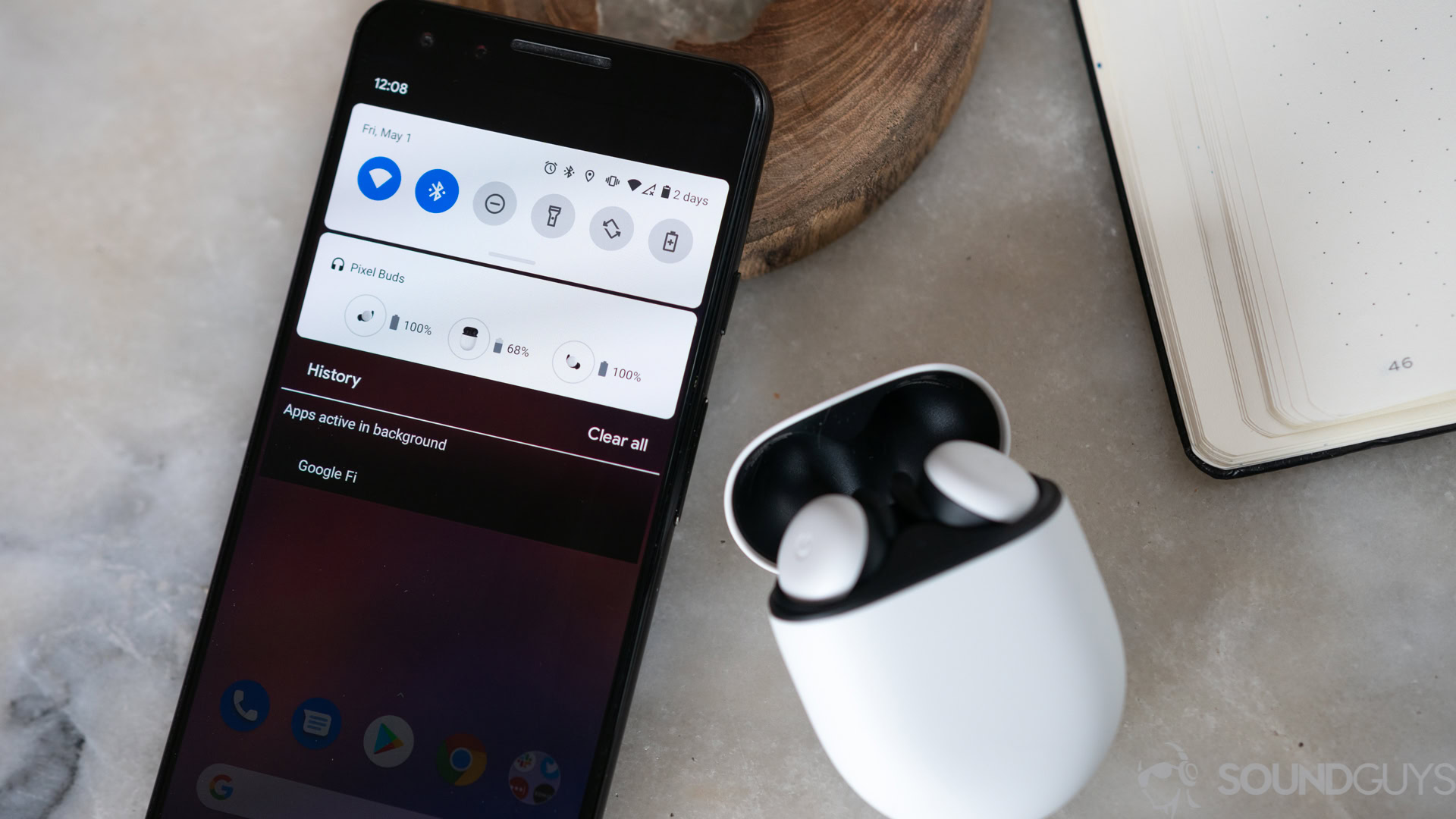
The pragmatic side of my brain agrees with every single point that Adamya raised. Google has historically had the attention span of Dory (of Finding Nemo and Finding Dory fame) in regards to shiny new projects. It has also been marred with bugs and issues on every single hardware and software product it shipped. Its previous attempts at cracking the tablet and wearables markets haven’t been very successful. And communication between its various teams has been laughably bad for years; just look at the state of its messaging apps — there are six of them!
On top of all of this, Google has had to balance between championing its own brand and keeping its partners in the wider Android ecosystem happy. If the company starts taking a bigger piece of the pie, it might push the likes of Samsung or Xiaomi away, leading to more fragmentation, less market domination, and eventually less revenue for its very lucrative ad business.
This focused ecosystem push is just what we needed and it's about time it happened.
That’s why when I think of a cohesive ecosystem and a consolidated experience across products, Google isn’t the first name that comes to mind. Apple is. But that’s also exactly why I think this ecosystem push isn’t too much or too fast. As a matter of fact, it’s just what we needed and it’s about time it happened.
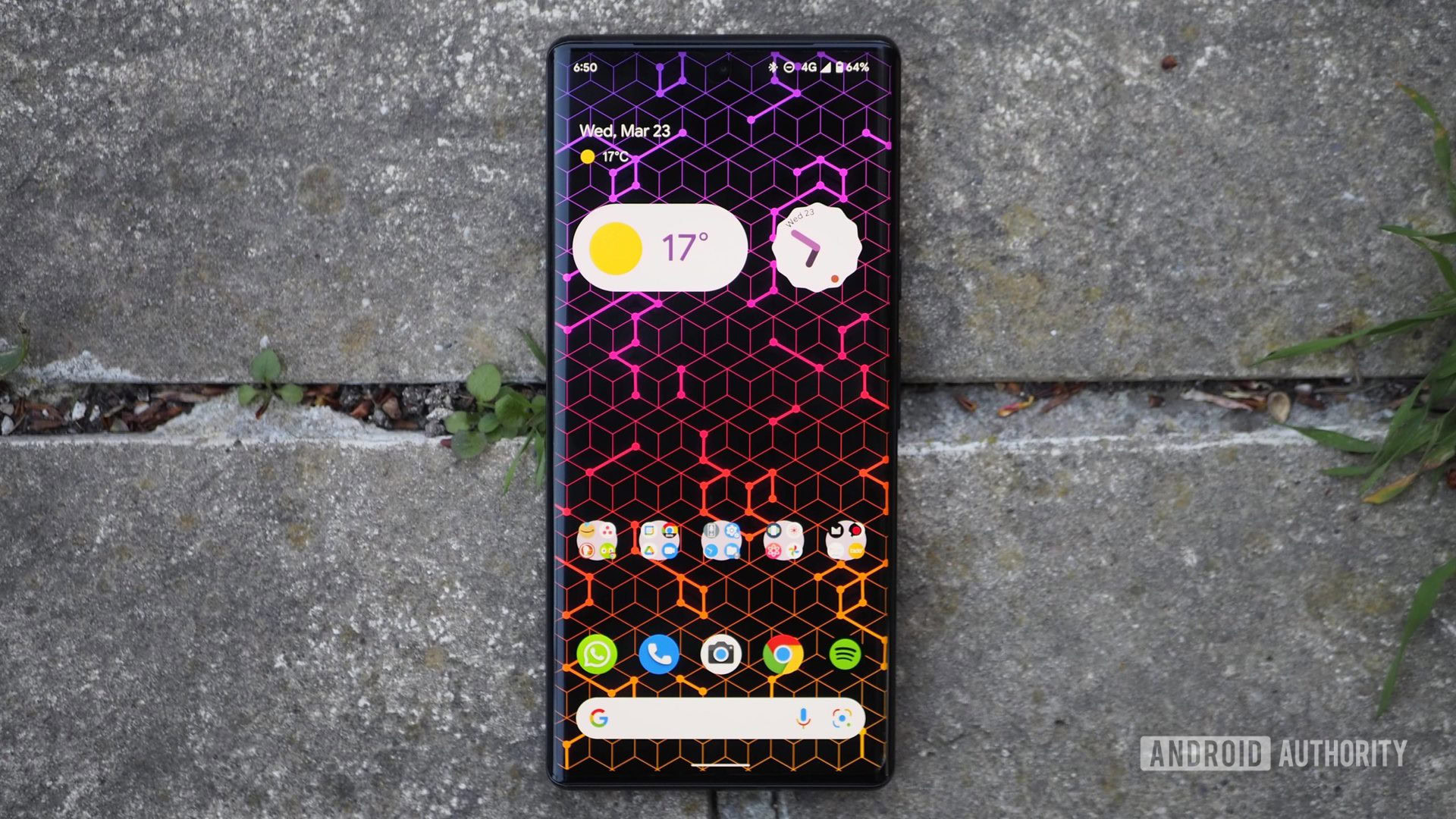
For the first time in years, Google seems to have most of its hardware ducks in a row. The Pixel 6 is the fastest-selling Pixel ever, outselling both the Pixel 4 and Pixel 5 combined in less than eight months. The cheaper Pixel ‘a’ line-up has seen positive reception for several years and paved the way for better midrange devices across the board. With the new custom Tensor processor, impressive cameras, and attractive prices, the company is holding a formula for success that it can iterate for several years to cement its presence in the smartphone space.
See also: The Pixel a and Galaxy A series have ushered in the golden age of midrange smartphones
But that’s only one part of the story. The purchase of Fitbit and the more recent collaboration with Samsung on Wear OS are giving it a leg up in the wearable market that it didn’t have before. For years, it had to rely on a few third-party smartwatch manufacturers (like TicWatch) and fashion brands (like Fossil) to transform its vision into a physical product. The shift in Google’s wearables now is akin to what we saw when it moved from the Nexus brand to the Pixel brand. Now, Google can mold its own vision into a product that it controls all the way.
The shift in Google's wearables now is akin to what we saw when it moved from the Nexus brand to the Pixel brand.
On the software side, things are also looking up for the first time in a while. Sure, we had to say goodbye to a few beloved services and enthusiast projects, but that results in more streamlined and focused efforts for Google. We saw tablet software getting some much-needed attention with Android 12L and further improvements are promised down the road. We witnessed most of Google’s apps getting updated to Material You in the span of a few months — a similar shift used to take a couple of years back in the Holo and original Material Design days.
Google's hardware and software are becoming inseparable, similarly to Apple's ethos.
Google has also clearly enhanced its software-centric approach to hardware products. Thanks to quarterly Feature Drops, more AI-based camera and calling (and more) features, and deeper Google Assistant integration, Pixel devices keep getting better over the ownership cycle. That means a tighter integration between hardware and software; the two become inseparable, similarly to Apple’s entire ethos.
Read more: It’s time to ditch our fascination with the yearly upgrade cycle
Google should have pushed for a more integrated Pixel ecosystem years ago, but it’s still not too late. As a matter of fact, I could argue that it’s now or never. Apple has already established itself as the standard for a tightly cohesive experience across devices, but many other Android manufacturers are trying to build their own mini-walled gardens too — Samsung with its Buds and Watch and Health platform, Xiaomi with its smart home portfolio to name a few. If Google doesn’t offer a similar experience now, it risks losing even its most die-hard Pixel fans.
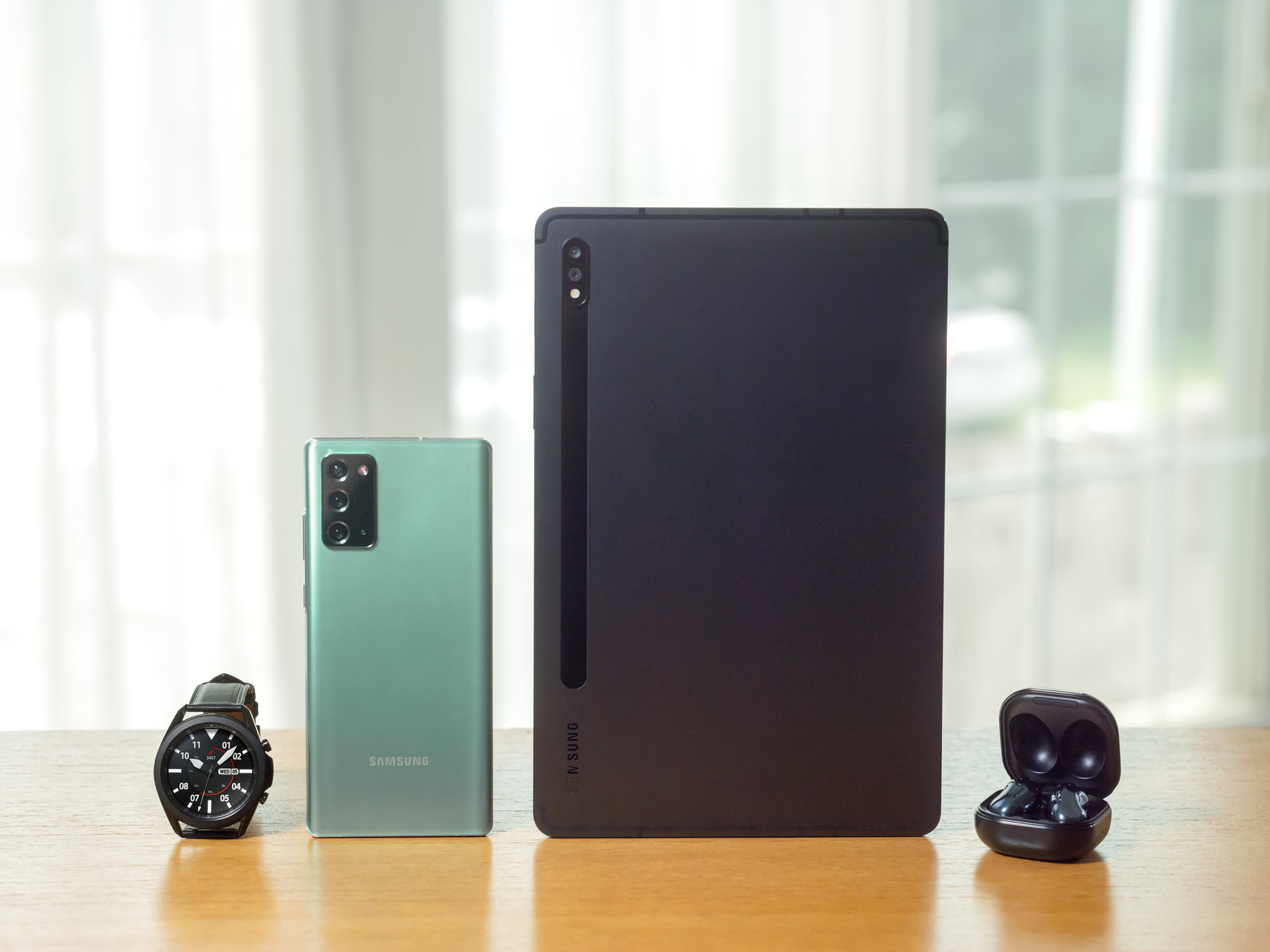
Not that competing with Samsung or Xiaomi is the goal. I doubt that’s the case and I doubt that Google has the logistics to pull it off. But in the grand scheme of Android, a line-up of tightly-linked Pixel products can be the beacon that leads the way for other manufacturers, showing them what can and should be done for an optimum experience.
A line-up of tightly-linked Pixel products can be the beacon that leads the way for other Android manufacturers.
If any company can go from making a phone plus a few other sparse products to building a fully integrated ecosystem, it’s Google. It has the resources, it has the know-how, it seems more focused than ever, and the stars have never been as aligned as they are now.
Of course, there will be countless bugs and hardware failures, and of course, they will be amplified disproportionately (like anything Pixel-related), but when things work as they should, a Pixel ecosystem will provide a delightful experience. And Google will learn and improve over several generations as it has done in the past. I’m choosing to believe in a positive outcome for this endeavor. What about you?